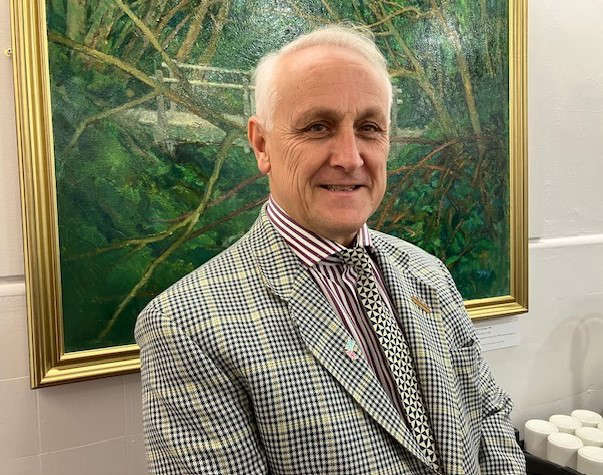
Derbyshire Wildlife Trust fears the Government is not focusing enough on existing protected areas following a recent announcement about improving the management of National Parks and Areas of Outstanding Natural Beauty (AONBs).
Whilst the Trust welcomes the Governments ambition to protect 30% of land for natures recovery, todays announcement further demonstrates that the Governments commitments are not being matched by action on the ground.
Dr Jo Smith explains National Parks and AONBs are highly valuable national assets, with pockets of excellent wildlife conservation - but many of these are isolated from each other and fragmented, leaving wildlife stranded in the middle of green deserts. There are some great examples of large scale restoration, for example the work Moors for the Future are doing to restore the peatlands within the Peak District National Park.
Also the Wild Peak Project which is working with local communities and landowners across Derbyshire and neighbouring counties to support and encourage rewilding, reintroductions and best practise in management for nature. However, much of the Peak District National Park is severely depleted of wildlife as a result of overgrazing, poor management or intensive agricultural practices.
New designations will not magically help meet the 30% target. Before we designate new areas, we need urgent action to repair and heal the natural world across the National Parks we already have.
In May 2018, Defra commissioned Julian Glover and an independent panel to consider how we might improve the management of our National Parks and Areas of Outstanding Natural Beauty (AONBs). Their report, the Landscapes Review, was published in September 2019. Todays statement from the Government was in response to the review.
The Glover Review included 27 proposals on how National Parks and AONBs could be supported to become more than the sum of their parts and play a leading role in tackling the nature and climate emergencies, and to ensure national parks reach out to everyone, especially under-represented groups.
Dr Jo Smith added, If this Government is serious about its ambition to leave the environment in a better state for the next generation, it must properly fund meaningful action to restore habitats across our protected landscapes. What is needed, more than anything, is to address the issues raised in the Glover Review and restructuring and renaming will potentially divert time and resources away from doing so.
Derbyshire Wildlife Trust and The Wildlife Trusts look forward to further engagement with Government and will be responding to consultations later in the year.

 Christmas gymnasts wow Mayor and Deputy
Christmas gymnasts wow Mayor and Deputy
 Free, practical advice to help customers make smarter energy choices
Free, practical advice to help customers make smarter energy choices
 Big Transport Conversation hits the halfway mark: Mayor Claire calls on all communities to have their say
Big Transport Conversation hits the halfway mark: Mayor Claire calls on all communities to have their say
 Burglar who repeatedly targeted Ilkeston home jailed for more than four years
Burglar who repeatedly targeted Ilkeston home jailed for more than four years
 Derbyshire County Council leader hits back at MP’s £160.6m funding boost claims
Derbyshire County Council leader hits back at MP’s £160.6m funding boost claims




